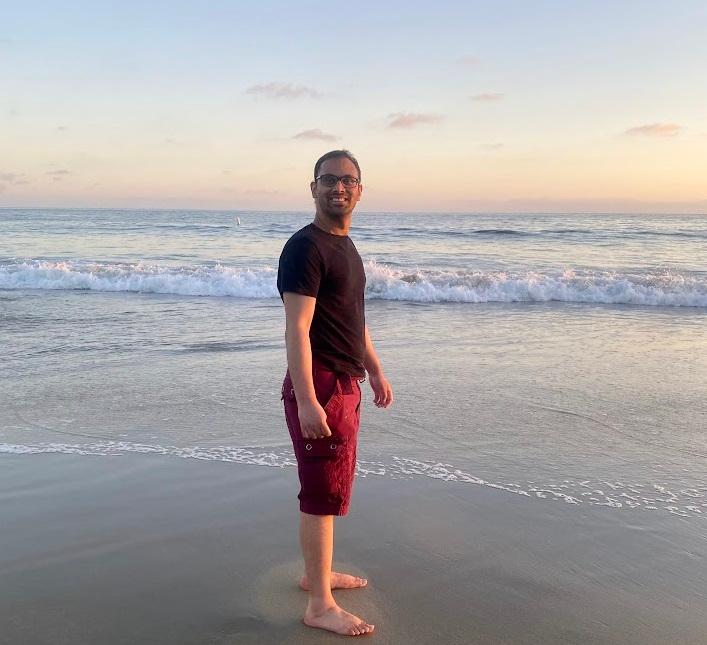
Deep brain stimulation is increasingly being used for people suffering from Obsessive Compulsive Disorder or OCD, which affects about three percent of the population. Dr. Moksha Patel, who's a physician at the University of Colorado Anschutz Medical Campus, suffered from debilitating symptoms of OCD, including obsessive hand-washing, showering, even using cleaning agents like bleach to clean his body. He said the symptoms made him feel like a prisoner of his own mind and kept him from many day-to-day activities.
Patel said he tried everything from multiple classes of medications, to exposure therapy, which involves working with a therapist to confront fears and phobias, but felt only minimal relief.
More than a year ago, with the help of psychiatrist Dr. Rachel Davis, who oversees the OCD program at CU Anschutz, Patel underwent a treatment known as Deep Brain Stimulation, which involves implanting electrodes in a patient's brain and using electrical currents to stimulate parts of the brain believed to be important in mood and self-regulation.
Patel said he noticed his mood improved after a few days and over time, was able to let go to much of his obsessive behavior. Research has found that as many as 70 percent of patients respond well to the treatment and more than a third report a reduction in their symptoms.
Researchers are also studying whether Deep Brain Stimulation can help with other mental health disorders, including treatment-resistant anxiety and depression as well as addiction. It was originally used to treat motor problems related to Parkinson's Disease.








